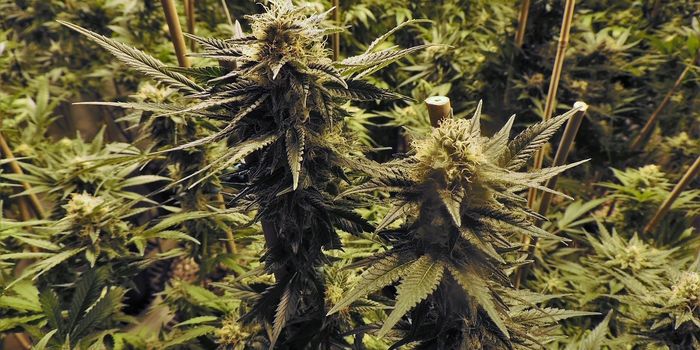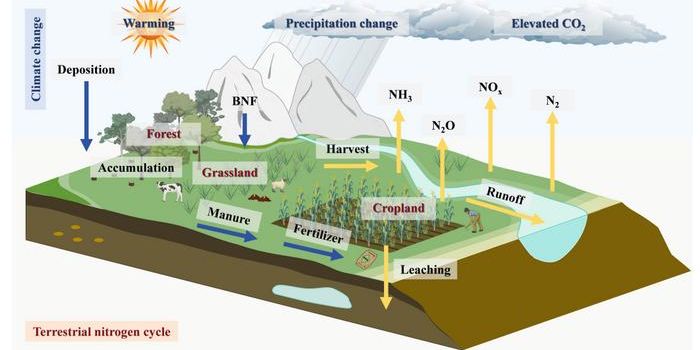A state of emergency has been called in several states along the east coast because of a leak in Alabama’s Colonial Pipeline. However, you might have been as surprised as I was upon hearing that the state of emergency is not because of gasoline spillage into the local drinking water - but instead because of fear for long gas lines.
According to
Alabama Local News, on the morning of Sept. 9, an inspector with the Alabama Surface Mining Commission was performing a routine monthly check of an old coal mine in Shelby County when he noticed "a strong odor of gasoline" as well as a sheen on the surface of one of the retention ponds. The gasoline he was smelling came from Colonial Pipeline's Line 1, an underground pipeline three feet in diameter that normally pushes 1.3 million barrels of gasoline per day from refineries in Houston to distribution centers across the Southeast and along the eastern seaboard. Built in 1963, the pipeline supplies an estimated 40% of the east coast of the United States’ gasoline. Colonial Pipeline initiated a shutdown of Line 1 within 20 minutes of receiving the report about a potential leak, and that section of pipeline remains closed.
A state of emergency has been declared in Tennessee, Virginia, North Carolina, South Carolina, Alabama and Georgia to allow truck drivers to work longer shifts to head off shortages at the pumps. Gasoline is now being shipped by alternate routes throughout the southeast. Colonial announced Saturday the company will construct a temporary pipeline to bypass the spill site in hopes of restoring gasoline flows more quickly. No timetable was given for completing the bypass line.
But what about the environmental impact?
Colonial Pipeline and U.S. Environmental Protection Agency personnel on the scene report that most of the gasoline from the spill is believed to be contained in a mining retention pond and does not pose a risk to the nearby Cahaba River or to local residents in nearby towns. According to a report from Department of Transportation pipeline regulators, Colonial employees originally believed nearly all the leaked gasoline was contained in Pond 2, a retention pond built for the mine. However, late last week Colonial discovered traces of gasoline in Pond 3, only a few feet away from Pond 2, and found an underwater culvert connecting the two ponds.
Colonial Pipeline and the U.S. Environmental Protection Agency say they are actively sampling the surface and groundwater around the leak site and that the gas has not reached nearby Peel Creek, a tributary of the Cahaba River.
"There have been no indications of product past Pond 3," Colonial Pipeline spokesman Don Pozin said. "We've sampled in the Cahaba and in Peel Creek and there's no indication of any product downstream in Pond 3.
The Cahaba River is home to 135 known species of fish, according to the Alabama Department of Conservation and Natural Resources, as well as 35 snail species, 10 of which are not found anywhere else in the world. Ten species of fish and freshwater mussel in the Cahaba are listed as threatened or endangered under the Endangered Species Act.
A few miles downstream from the leak location lies the Cahaba River National Wildlife Refuge, which is known nationally as a viewing spot for the Cahaba Lily in the spring. A major drinking water intake for the Birmingham Water Works is upstream.
"It's really pretty fortunate where it is," said Cahaba Riverkeeper David Butler, who has been actively working with Colonial and government agencies during the spill response. "It's in pretty contained area, and it's been so dry here that most of the little perennial streams are pretty dry right now so there's not really a lot of potential at this point for it to migrate towards the river."
Cahaba Riverkeeper is a clean water advocacy group that is part of the larger Waterkeeper Alliance, whose members frequently file lawsuits against large corporations who are involved in spills.
Nevertheless, residents are still concerned.
Sources:
Alabama Local News,
Oneida Daily Dispatch,
Patch,
Bipartisan Report










